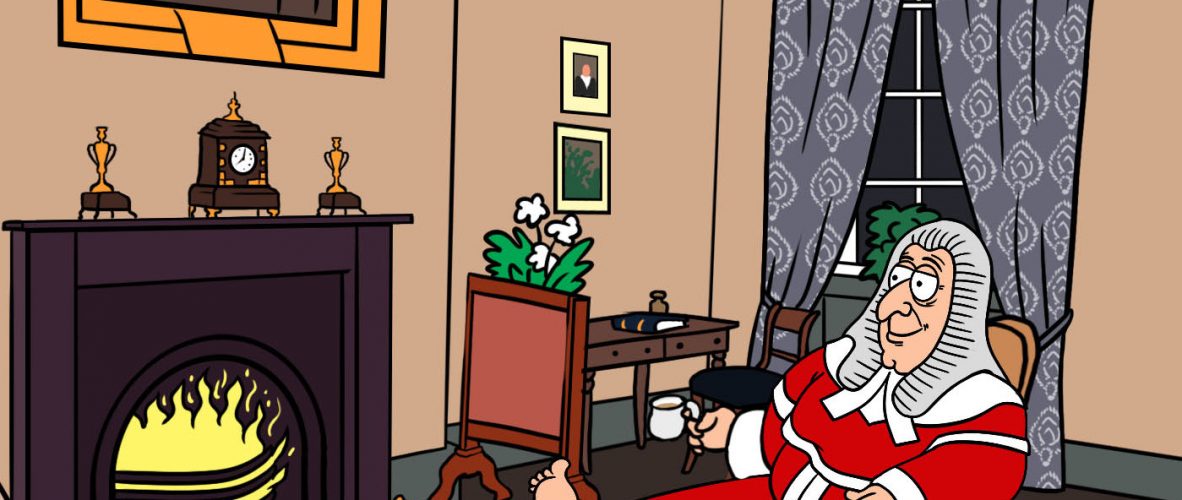The name given to the tight trousers worn by some Regency gentlemen, such as the notorious Beau Brummell and his ‘dandy’ followers, as they showed off their leg muscles.
Marble games
Marbles have been used to play games for thousands of years. The first ones were made of clay, stone or real marble. The Victorians loved to play marbles – their favourite marbles were made of real marble and were thought to be the best for shooting, but they were very expensive. Marbles made of glass were cheaper and for the people with very little money, ones made of clay. The Judge’s Lodging has sets made of glass and clay on display.
Shooting
In some games with marbles you throw your marble, but most games use shooting. To shoot properly takes some practice but is done like this – put the knuckle of your forefinger on the ground with the marble balanced in the bent forefinger. Put your thumb behind the forefinger and then release with whatever force you like. Too hard? Well, you could always flick it instead.
Marble Games for you to Play
Conqueror
The first player throws forward a marble to wherever he chooses (usually people throw it to about where they think they could hit it). The next player then shoots at this marble. If he hits it, he captures it and he picks it up and the one he shot with. He then throws out another marble to start the game again. If he misses it, however, he has to leave his marble where it is. The next player then shoots at either marble, capturing whatever he hits, but leaving his marble where it is if he misses. This game can carry on until one player has all the marbles.
Hint – if you shoot your marble with force, it may bounce off more than one marble – then you capture all that you have hit.
Bouncers
For this game you throw marbles, not shoot them. You use bigger marbles which are called bouncers. The first player throws his bouncer forward about five feet. The second player throws his to try and hit it. The third player throws his to hit either of them, and so on. If a bouncer is hit, the owner must pay the thrower one marble. Bouncer marbles themselves are not given up in payment.
Hundreds
A game for two players. Draw a circle a few feet away from you. Both players shoot a marble towards the circle. If both or neither marble stops in the circle, then both players must shoot again. When only one player’s marble stops in the circle, that player scores 10 points and has another go. He keeps on shooting until he misses the circle. Every time his marble lands in the circle he gets another 10 points. When he misses, the turn passes to the other player. The first player to reach 100 points is the winner.
Odd or even
One player closes in his hand a certain number of marbles. He asks his opponent whether it is an odd or even number. When he guesses correctly he receives one of the marbles, when incorrectly he has to give one. He then takes a handful of marbles and asks, in his turn, ‘odd or even?’ The game goes on alternately, at pleasure, or till one wins all the marbles.
